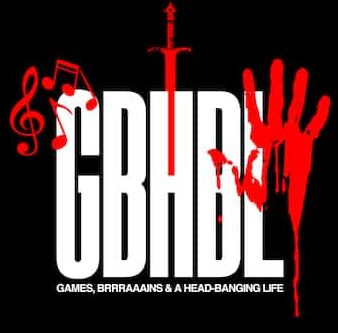How to Write An Essay With Writing Techniques
An essay is a short piece of writing that discusses one’s view on something. It is often written for a teacher or university lecturer who will mark it.
Effective essays are clear, concise and structured in a way that makes it easy for the reader to follow. They have an attention-grabbing introduction and then clearly present their line of argument in separate paragraphs with plenty of supporting examples.
Introduction
When writing any type of essay, it is important to follow an efficient writing process. This includes planning, brainstorming and organizing ideas, as well as researching and citing sources. It is also important to write a draft and revise as needed. As Ernest Hemingway said, “The first draft of anything is always crap.”
While creative writing requires being imaginative and telling a story, essays are more about being factual and objective, and communicating ideas and arguments in a clear way. However, there are some things that can be borrowed from creative writing to help make your essays more interesting and original.
The essay should be structured logically and coherently, with each paragraph discussing one point that contributes to the main line of argument. It is also helpful to think about your audience when writing an essay, as this will affect the tone and style of your work. Finally, it is important to use a grammar-checking program to check for spelling and grammatical errors before submitting your essay.
Body
The body is the main part of your essay and typically comprises 60-80% of its total length. It is the section that presents your arguments and evidence in support of your thesis statement. It is usually divided into paragraphs and each paragraph should focus on a single point. Each paragraph should also contain a topic sentence that introduces the argument to be developed, supporting sentences that back up your point, and text citations.
As you write the body, keep in mind that your audience should influence your language. For example, casual slang may be appropriate for an informal essay but not in a formal one. Similarly, the level of detail required will affect your word choice and style. As you progress through the revisions process, your essay should be clear and concise but also detailed enough to make a convincing argument. This is what sets good essays apart from bad ones. They provide real insight into the subject matter rather than just a summary of existing knowledge.
Conclusion
The conclusion is your last chance to make a lasting impression on your reader. It is a place to bring together all of your main points, and to show that they are connected in a meaningful way. The essay conclusion can also go beyond the confines of your paper and suggest broader implications of your work – though be careful not to make claims you cannot support.
The final paragraph of your essay should be no longer than the first paragraph. It should summarise and synthesise the main points from your body paragraphs, without adding any new information or arguments. Any new ideas should be incorporated into one of your body paragraphs instead.
Once you have written your essay, it is important to proofread it for misspellings and formatting issues. It is helpful to use an automated grammar checker, such as Grammarly, for this purpose.
References
When writing any academic paper, you will need to provide a list of references or citations. This can help you to identify the underlying research supporting your arguments and to avoid plagiarism. You should familiarize yourself with the style guides that are typically used by your institution and follow them when preparing citations.
Each paragraph and sentence should add value to your essay’s central argument. As you work, try to step back and ask: “What does this add? How does this fit in with my argument?”
Remember that it’s difficult to create a perfect first draft. Be willing to revise and rewrite your essay extensively, until you are happy with its contents and structure. It may also be helpful to get someone else to read and comment on your essay. This will give you a new perspective on your writing, and it may reveal errors that you have missed. This can be a friend, a tutor, or even an online editor.




